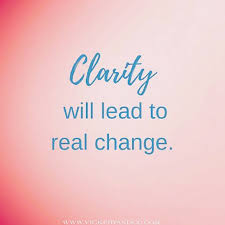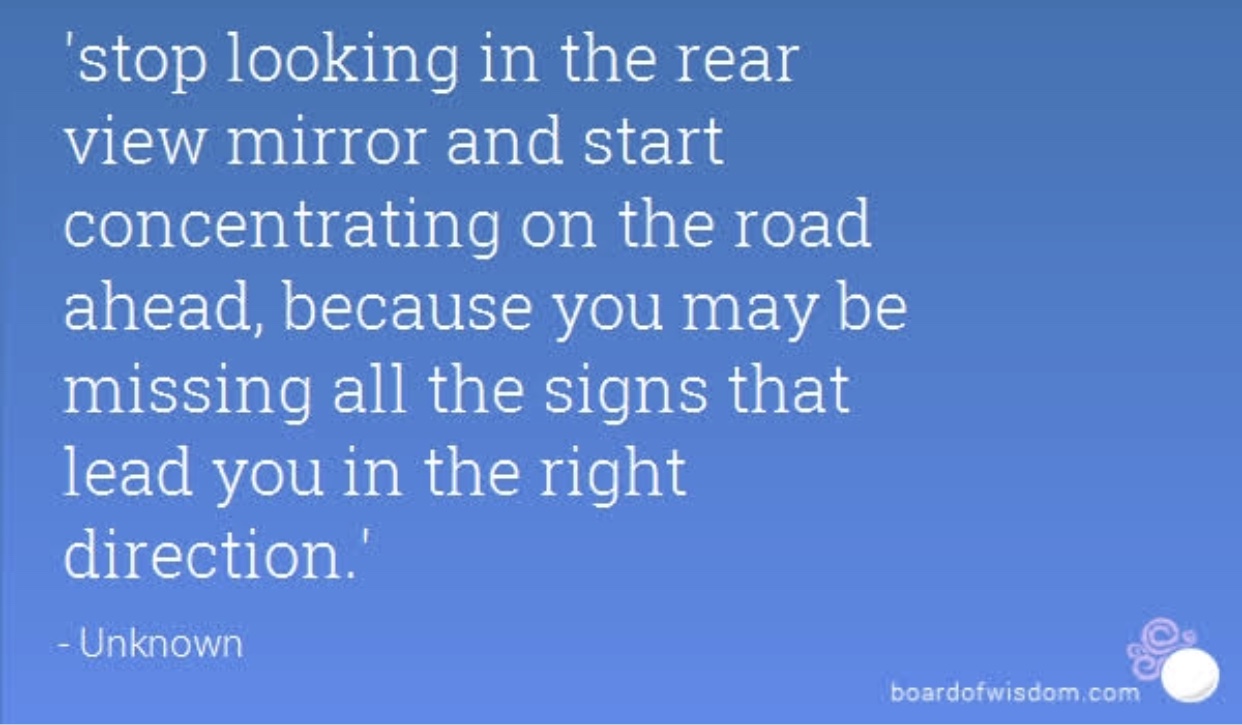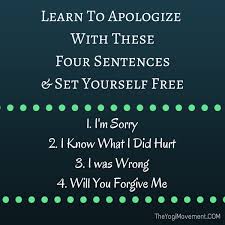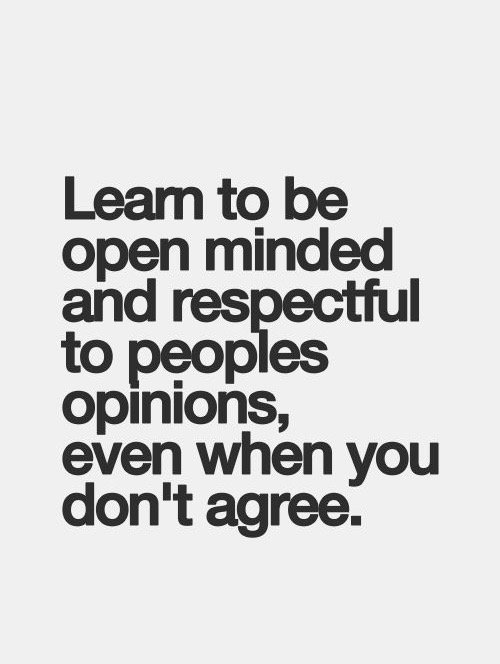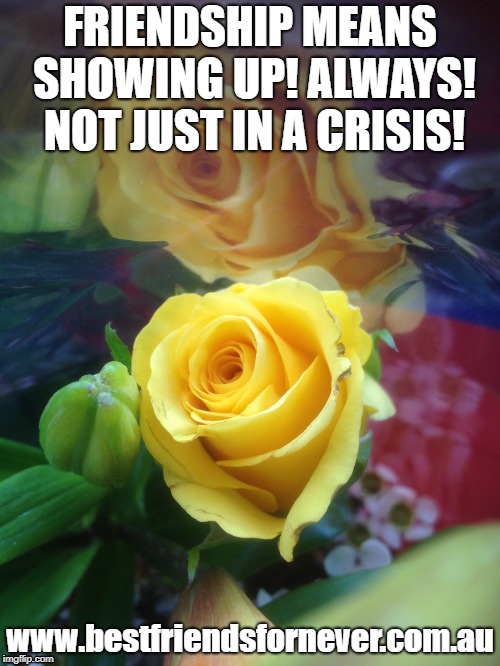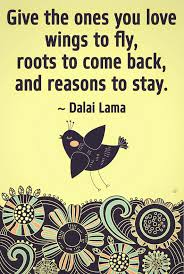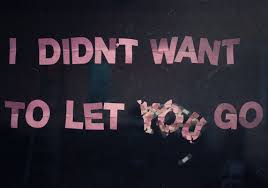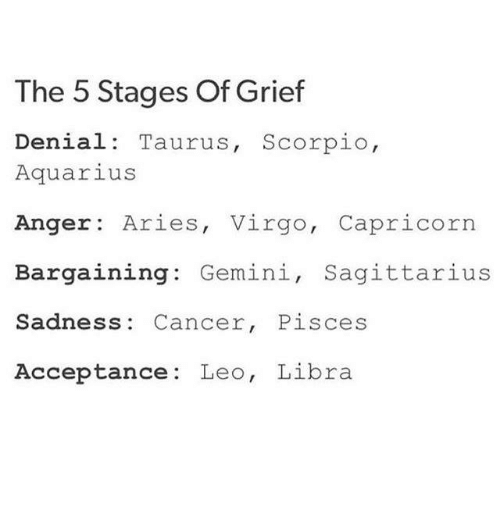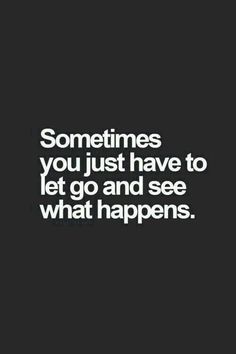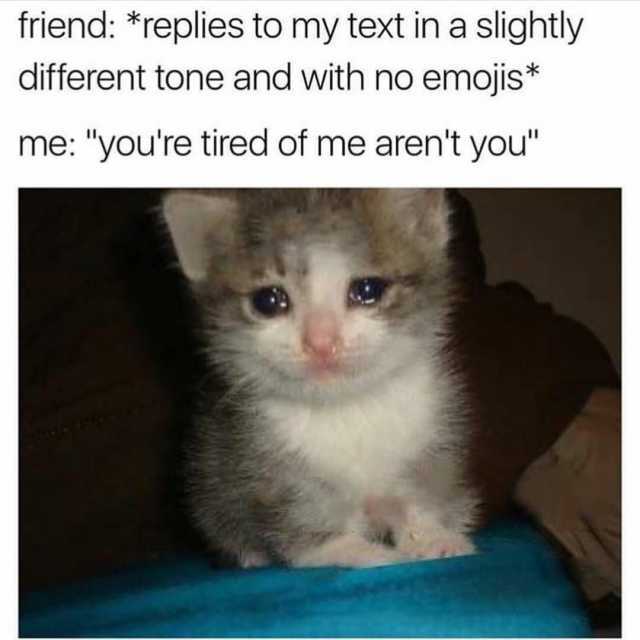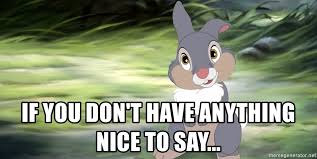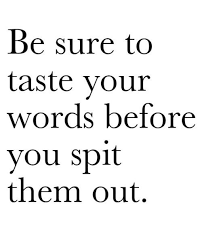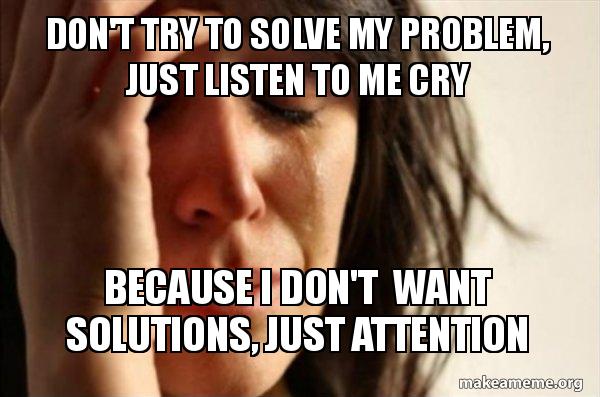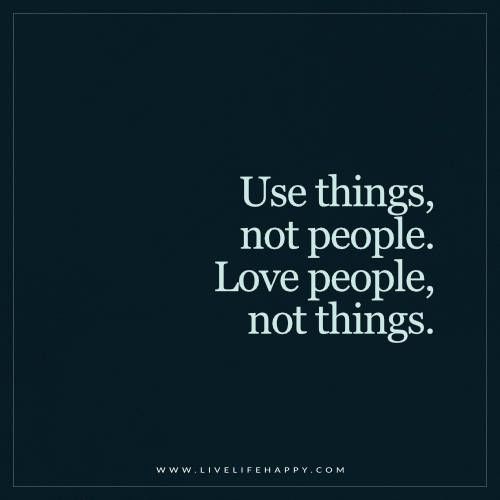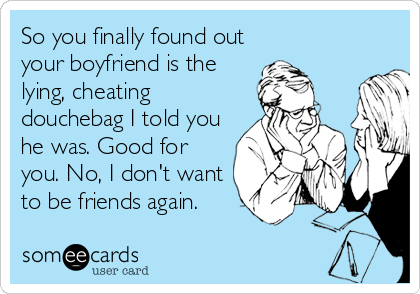So, many women around my age, and probably your age too, are starting exciting journeys in their lives, such as engagement, marriage, pregnancy or even retirement. Of course, with all the excitement comes the celebrations, and many of these end up being quite costly for the rest of us in terms of gifts, meals, outfits, transport, drinks and the list goes on!
To help with the costs, or be better able to actually buy your friend something she may actually want or use, it is often suggested that a few mutual friends all contribute to one particular gift. While this seems like a great idea at first glance, and really is worth consideration, you have to be mindful of certain aspects that cause a moral dilemma.
If a few of the people asked to contribute have already bought something for the intended recipient, they may feel pressured to pitch in and give extra as well or alternatively they may feel excluded from participation. This is especially true if their gift appears to pale in comparison to the group gift, or is significantly lower in cost or value.
Of course, everyone knows you don’t put a price on friendship, and in most cases (I said MOST! LOL) the recipient will be grateful for anything and everything people choose to gift her. That said, finances are a fast way to fracture friendships! What each person can afford should be dictated by herself alone and not presumed by the organizer.
What I mean by the organizer, is that there is typically one member of the group who will start a group chat, often suggesting a desired gift, the price, and what the cost will be per person if everyone chips in. Example: “Hi Ladies! Jane mentioned this cute stroller that she wanted for the baby. It is $200. If we all chip in $50 we could get it as a group gift, I know she’d love it! Who’s in?”
The general assumption here is that each member of the group can afford to spend $50, or wants to. There is an implied pressure to participate. The organizer has chosen the gift, and will likely get it when everyone hands over the cash. This does pose the advantage of having the gift taken care of without much thought or effort on behalf of the rest of the group…. But what happens if one member says “Actually I already got her something, sorry.” Does everyone else’s share increase? Do you find an alternative person to go in for the gift? Do you select a different gift?
Sometimes the organizer may fail to take into account other factors or costs involved. What if the baby shower was being held at a high tea event, and everyone was asked to pay $58 a head to attend, plus chip in an extra $5 to pay for the guest of honour? When you take into consideration those costs plus petrol to get there and any extra expenses, plus a $50 gift, group members are looking at over $100 to celebrate.
Some of them may be in a position to do so, but not feel particularly inclined to direct the funds in that direction, or some may be too embarrassed to admit that they are not in a similar financial position. So how can we get around this issue?
If you are thinking of organizing a group gift, first think about the expenses already incurred. Invite as many people as possible to participate and keep costs to a minimum. Ask the other participants for ideas for the gift, even if you want to add a few suggestions too. If you have your heart set on getting something for someone, hopefully it is something you can afford to do alone. Ask people to donate as much or as little as they like for the gift, giving a date to get the money to you by. After that date, tell the group how much you have raised and again ask for additional ideas as how to direct the funds, depending on how much was raised.
It’s probably a good idea to start by acknowledging that some people may have already got a gift, or prefer to give the recipient something more private or personal, which is completely acceptable. Thank people for their input and try not to apply pressure to participate.
The other thing to remember, is to try and keep things relatively equal in terms of gifts. If you are a tight knit group, the chances are you are at very similar stages, and likely will all be celebrating milestones of your own in the coming months and years. It would seem unfair to raise $500 to buy Jane a new cot, but only $200 for Stephanie, even if the item Stephanie wants is lower in cost. People will remember what they chipped in for everyone else and may feel hurt if they discover people chipped in significantly less for themselves when their time came.
Again, that is not to say there is a monetary value that can be applied to friendships…. Just that the amount of effort and excitement for everyone seems equal. It might be very exciting when the first of you has a baby for example, and less so when the last of you has her first child but the rest of you are already onto your third. It isn’t the last persons fault her timeline varied, so try to keep the costs and expectations manageable to future selves for whom circumstances may well be very different!
Remember that your friendship is always the best gift you can offer, your love, support, kind words and excitement are all that are really required.
❤ Love,
Your Best Friend ForNever
xx















